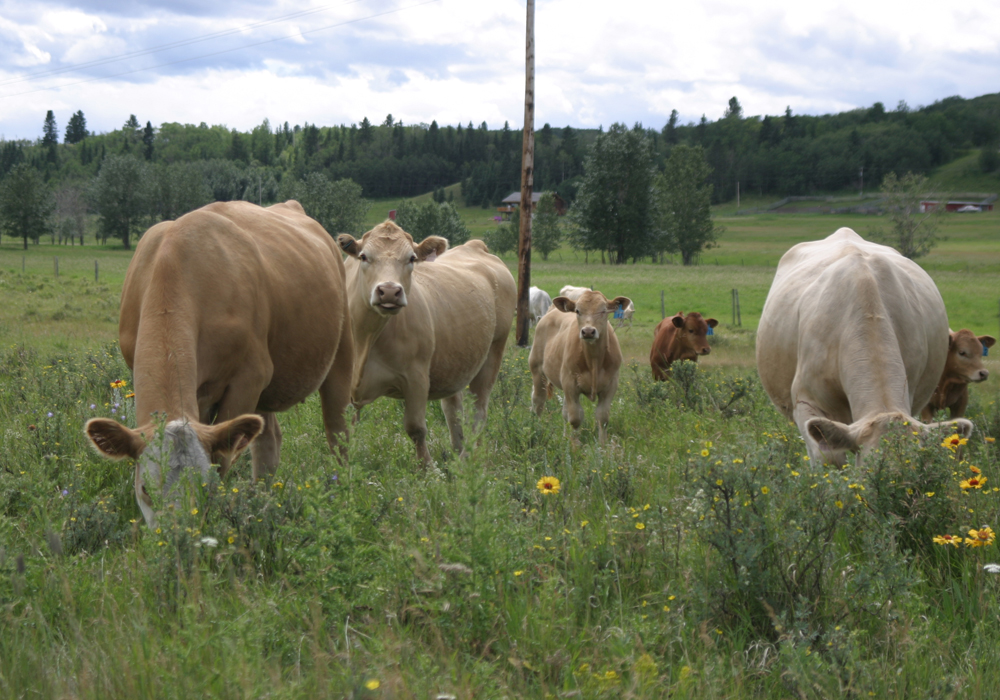Cargill launched an initiative July 24 to reduce the environmental impact of its beef production across the supply chain.
“BeefUp Sustainability” has a target year of 2030 in which to achieve a 30 percent greenhouse gas intensity reduction across the company’s North American beef operations from cow-calf through end product.
“It’s a 30 percent reduction in greenhouse gases per pound of product,” said Heather Tansey, the sustainability lead of Cargill’s protein and animal nutrition businesses.
The company is using 2017 as the base line index. By 2030, it wants every pound of beef to have produced 30 percent less greenhouse gas than was expended to produce that same amount in 2017.
Read Also

Trump’s tariffs take their toll on U.S. producers
U.S. farmers say Trump’s tariffs have been devastating for growers in that country.
“We chose that date because this is a bold goal and we know it’s going to take time for us to partner across the value chain, so up and down the value chain, and really start to implement and put projects in place that are going to help us get toward that goal,” said Tansey.
Cargill will focus on four areas: grazing management, feed production, innovation and food waste reduction.
In a news release about the plan, Cargill’s Jon Nash said the company intends to build on environmental stewardship already embraced by farmers and ranchers. Tansey concurred.
“We are really excited about leaning into sustainability in the North American context because the producers in North America are really global leaders when it comes to sustainability. Right now … we’re 35 percent more efficient as a beef supply chain in North America than the global average. So this program is really designed to take what is a great system and make it even better.”
Cargill describes the initiative as “opt-in.”
As an initial step, the company said it will expand its partnership with the U.S.-based Nature Conservancy to work with farmers and ranchers on grazing management that will improve soil health, carbon storage, wildlife habitat and water conservation.
Beef production has come under environmental criticism in recent years because of the land and water required as well as the emissions from cattle themselves. The industry has countered by providing more information about sustainability efforts and by funding research into such things as improved feed conversion, genetics and production efficiency.
“BeefUp Sustainability incorporates farmer and rancher feedback gathered through previous projects such as the Canadian Beef Sustainability Acceleration Pilot, on-site visits with key supply chain stakeholders and producer panels,” Cargill said.
















